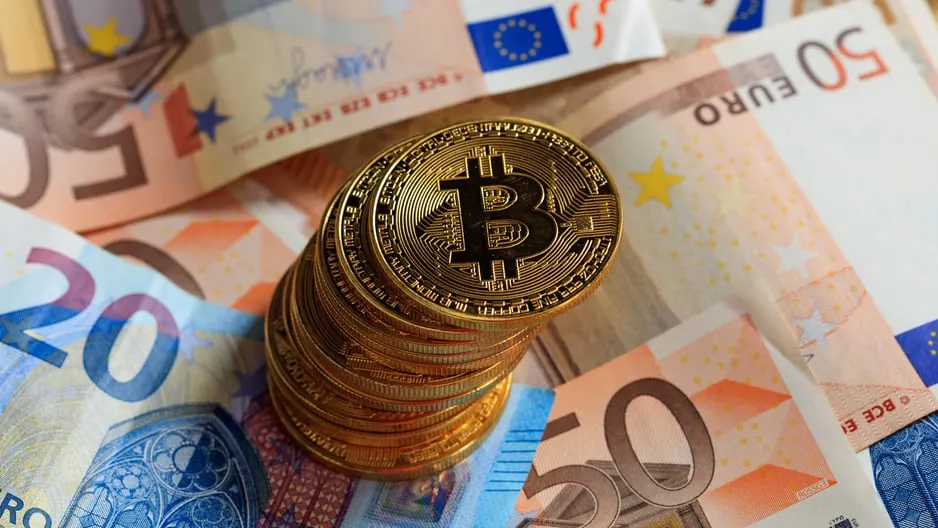After emptying its Bitcoin wallets on Friday, German law enforcement have made it official: The "emergency sale" of nearly 50,000 Bitcoin is over and netted the agencies an "unprecedented" $2.88 billion (€2.639 billion), according to a press release shared with Decrypt.
The Bitcoin stash was worth approximately $2.1 billion when it was seized in January as part of an investigation into German and Polish nationals accused of running piracy websites and money laundering. Their trial is still ongoing.
"The proceeds do not initially represent any additional income for the Free State of Saxony, but are held in custody until the criminal proceedings have finally concluded," the prosecutor's office wrote.
The sale of 49,858 BTC, which took place between June 19 and July 12, was a coordinated effort between the Saxon Police's Central Office for the Safeguarding, Custody and Utilization of Cryptocurrencies, the Dresden Public Prosecutor's Office, and German trading firm Bankhaus Scheich.
"The bank was commissioned to sell the Bitcoins in a way that was fair and gentle on the market," the office wrote about its 3-week long selling spree.
The office added in the release that the Bitcoin price and market conditions were "irrelevant" in its decision to sell the BTC and that it was prohibited from waiting for prices to rise. Rather, the goal was to carry out the sale "as quickly as possible."
On-chain data compiled by blockchain analytics firm Arkham Intelligence showed that the seized Bitcoin was sold on centralized exchanges like Kraken and Coinbase, over-the-counter firms like Flow Traders, Cumberland DRW, and one still-unidentified institution.
On the day the sales began, Bitcoin was trading for around $65,000, but sank as low as $55,000 on July 4. Throughout the 3-week period, market volatility lead to the liquidation of hundreds of millions worth of derivatives contracts. More recently, though, Bitcoin seems to have made a full recovery and is now trading higher than it was the day that Germany began selling the seized Bitcoin.
At one point, on the July 4 holiday in the U.S., controversial Tron founder Justin Sun offered to buy the remaining $2 billion that the German government hadn't yet sold. There's been no comment made by either Sun nor German officials on the seriousness of his offer.
The prosecutor's office explained that an "emergency sale" of assets is required by law if and when the authorities think there could be a significant loss of value—10% or more. "These conditions were always present with the volatile Bitcoin due to the enormous and extreme speed of price fluctuations," the office wrote.
Edited by Stephen Graves.





